The Faculty of Public Administration is Slovenia's oldest organization providing education in public administration.
|
Address: |
University of Ljubljana Gosarjeva ulica 5 SI – 1000 LJUBLJANA |
|---|---|
|
Phone: |
+386 1 580 5500, +386 31 333 390 |
|
Fax: |
+386 1 580-5521 |
|
E-naslov: |
|
|
IBAN: |
SI56 0110 0603 0706 440 |
|
SWIFT/BIC |
BSLJSI2X |
|
VAT ID: |
SI14629763 |
|
Dean: |
|
|
Secretary General: |
The Faculty of Public Administration, boasting the longest tradition of education in the field of administration in Slovenia, provides for the transfer of knowledge, based on the development and integration of findings from various disciplines and linking with domestic and international practice.
The Faculty of Public Administration is the only faculty in the region that has obtained the most important European accreditation for education in the field of public administration – the EAPAA, which has been awarded to three of our study programmes. The Faculty is also a member of the EMPA network, which groups together the leading European master’s study programmes in the field of public administration.
We do not see our students as numbers. During their studies, we provide them with a personal approach, a rich selection of international exchanges, various forms of tutoring, and the possibility of developing additional competencies within extracurricular activities. The Faculty is an athlete-friendly organisation.
The study is carried out within the framework of study programmes at three cycles. In the first cycle of studies, students can choose between three study programmes, offering theoretical and practical knowledge, and competencies for work in practice. In the two second-cycle study programmes, the students will deepen and gain additional knowledge and competencies that will benefit them in employment. The joint doctoral study programme, which we are conducting in cooperation with the Faculty of Economics of the University of Rijeka, provides students with the knowledge required for solving the most demanding theoretical and practical challenges.
Our researchers participate in domestic and international projects, and showcase the results of their work in renowned scientific journals and conferences at home and abroad. Internationally, we are involved in academic cooperation through exchanges of students, teaching staff, researchers and professional staff.
In the field of knowledge transfer, we have been establishing close links with external stakeholders from the public and private sectors, while through the Consulting and Training Centre, we have been strengthening our role in education, counselling and networking.
Through the Centre for Development of Pedagogical Excellence, we have been focusing on systems of comprehensive quality, with an emphasis on the development of study programmes and the implementation of the educational process, as well as the development of the competencies of teachers, students and graduates. Therefore, our graduates have wide range of job opportunities in various positions in the public administration and private companies, in non-governmental organisations and in European Union institutions.
Our graduates are given the opportunity to stay in contact after their studies, through the Alumni Club of the Faculty of Public Administration.
The Faculty encompasses a library, which is a specialised information and documentation centre for the field of public administration. It offers over 30,000 units of library material to its members. The Faculty also has its own publishing department, which publishes important scientific achievements in the field of public administration science, both globally and in Slovenia.
The Faculty publishes a peer-reviewed scientific journal, the Central European Public Administration Review, which is included in various international bibliographic databases. Thus, the Faculty of Public Administration remains a source of knowledge for students, and a juncture for the development of the science of public administration in the region.
We are looking forward to our cooperation!
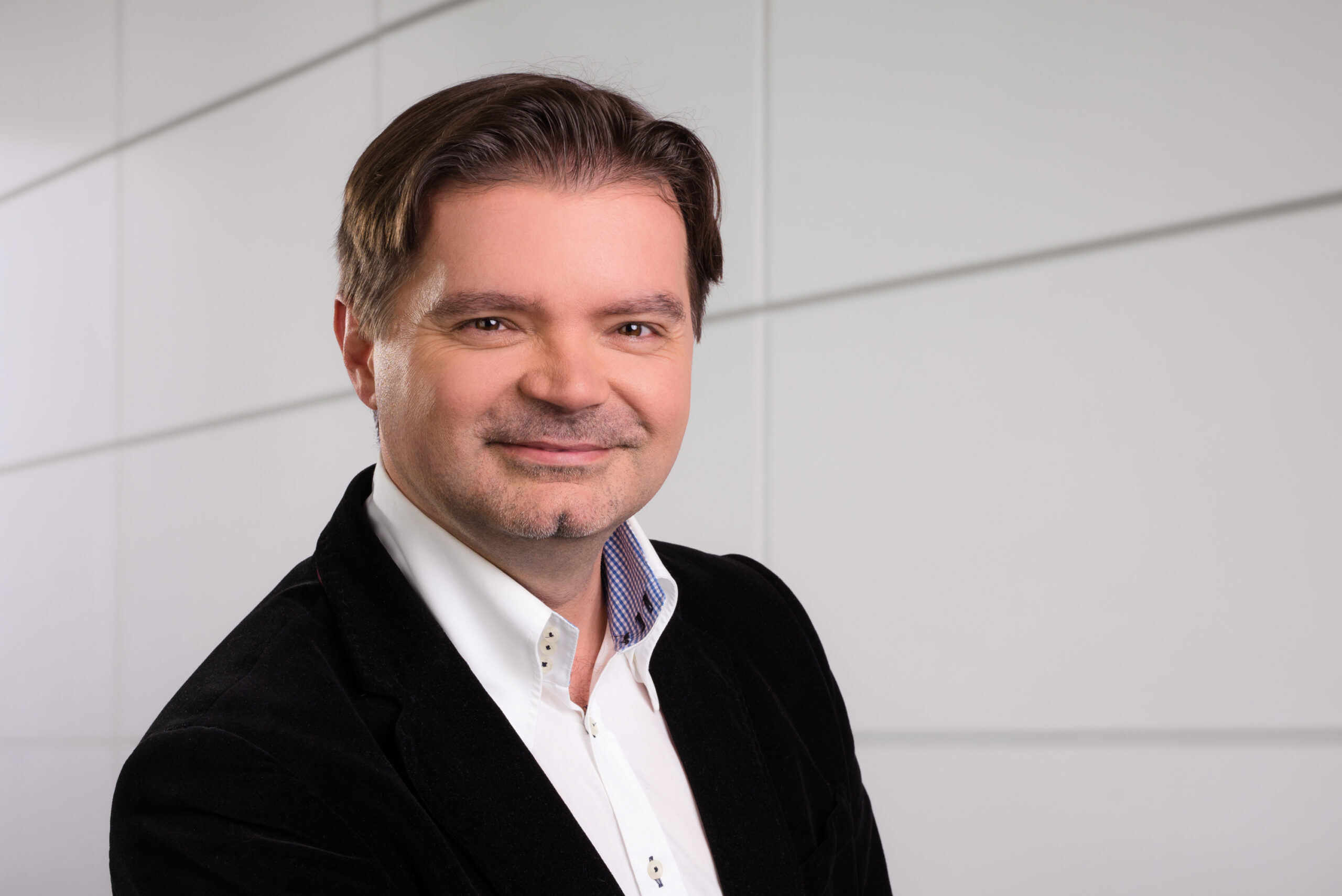
DEAN
Mirko PEČARIČ, PhD
Full Professor
E-mail: dekan@fu.uni-lj.si
Tel.: +386 (0)1 580 55 85

VICE-DEAN FOR ACADEMIC AFFAIRS
Tatjana KOZJEK, PhD
Assistant Professor
E-mail: tatjana.kozjek@fu.uni-lj.si
Tel.: +386 (0)1 580 55 72

VICE-DEAN FOR SCIENTIFIC RESEARCH
Lan UMEK, PhD
Assistant Professor
E-mail: lan.umek@fu.uni-lj.si
Tel.: +386 (0)1 580 55 49
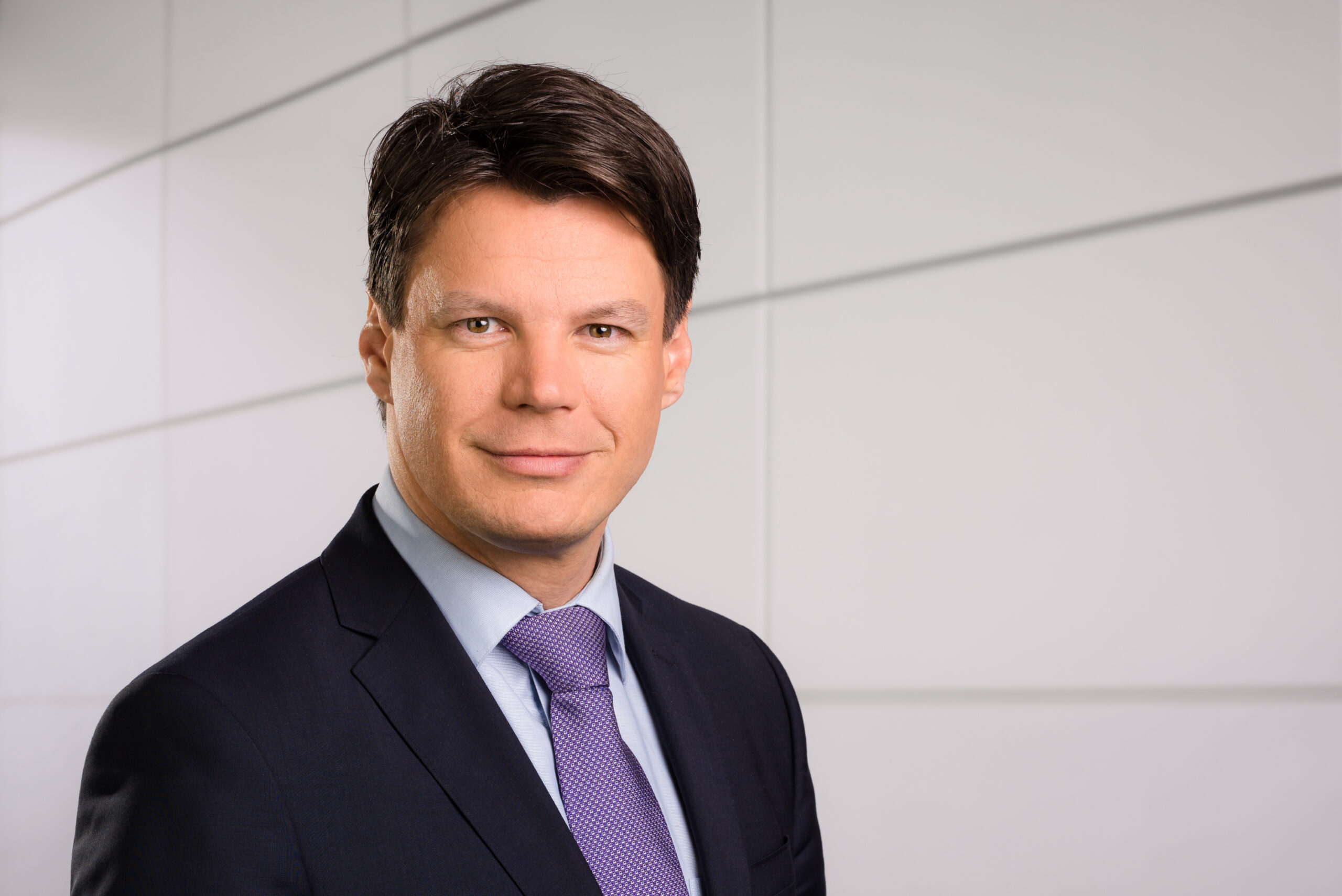
VICE-DEAN FOR KNOWLEDGE TRANSFER
Jernej BUZETI, PhD
Assistant Professor
E-mail: jernej.buzeti@fu.uni-lj.si
Tel.: +386 (0)1 580 54 76
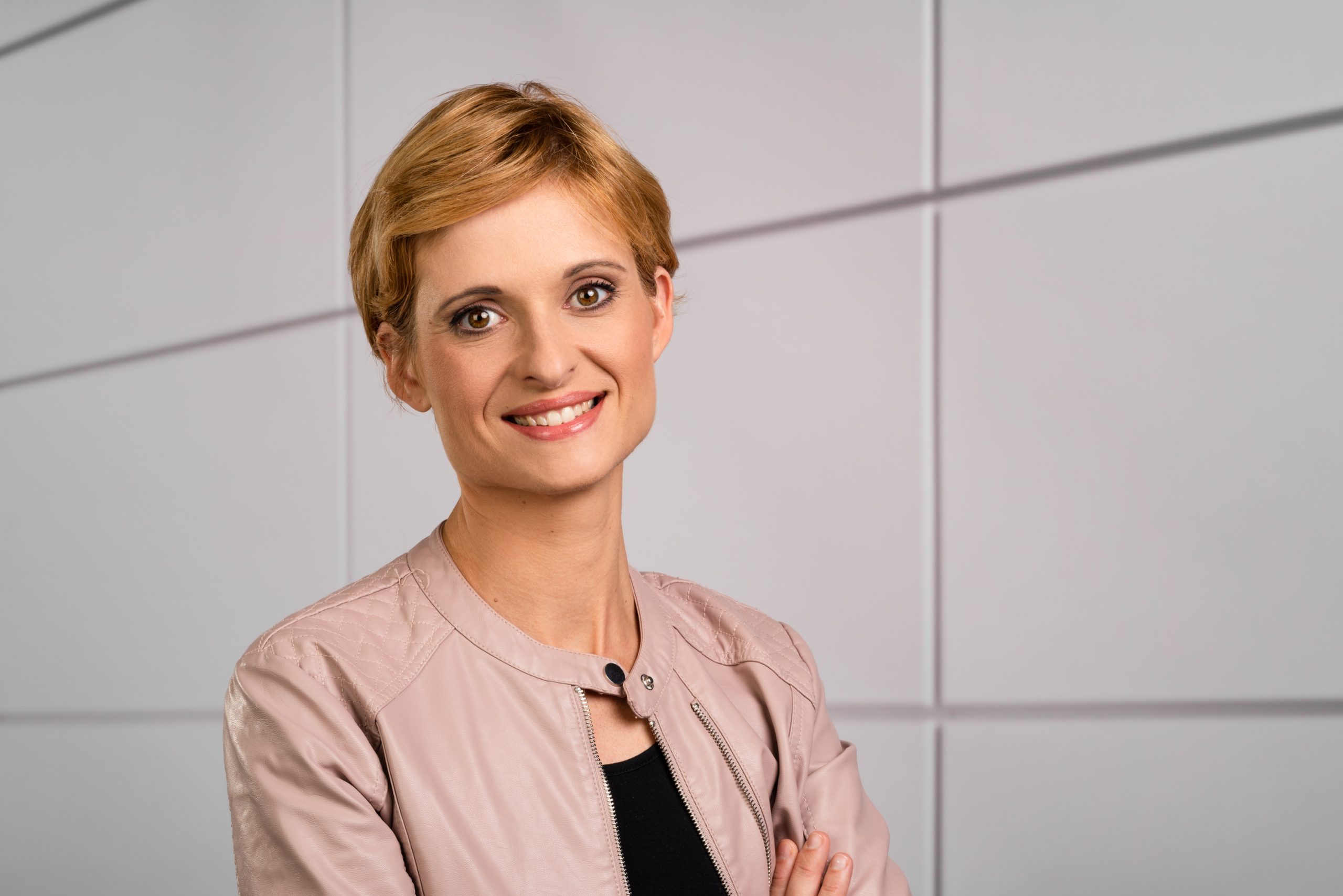
SECRETARY GENERAL
Barbara LESKOVŠEK, MSc
E-mail: barbara.leskovsek@fu.uni-lj.si
Tel.: +386 (0)1 580 55 25
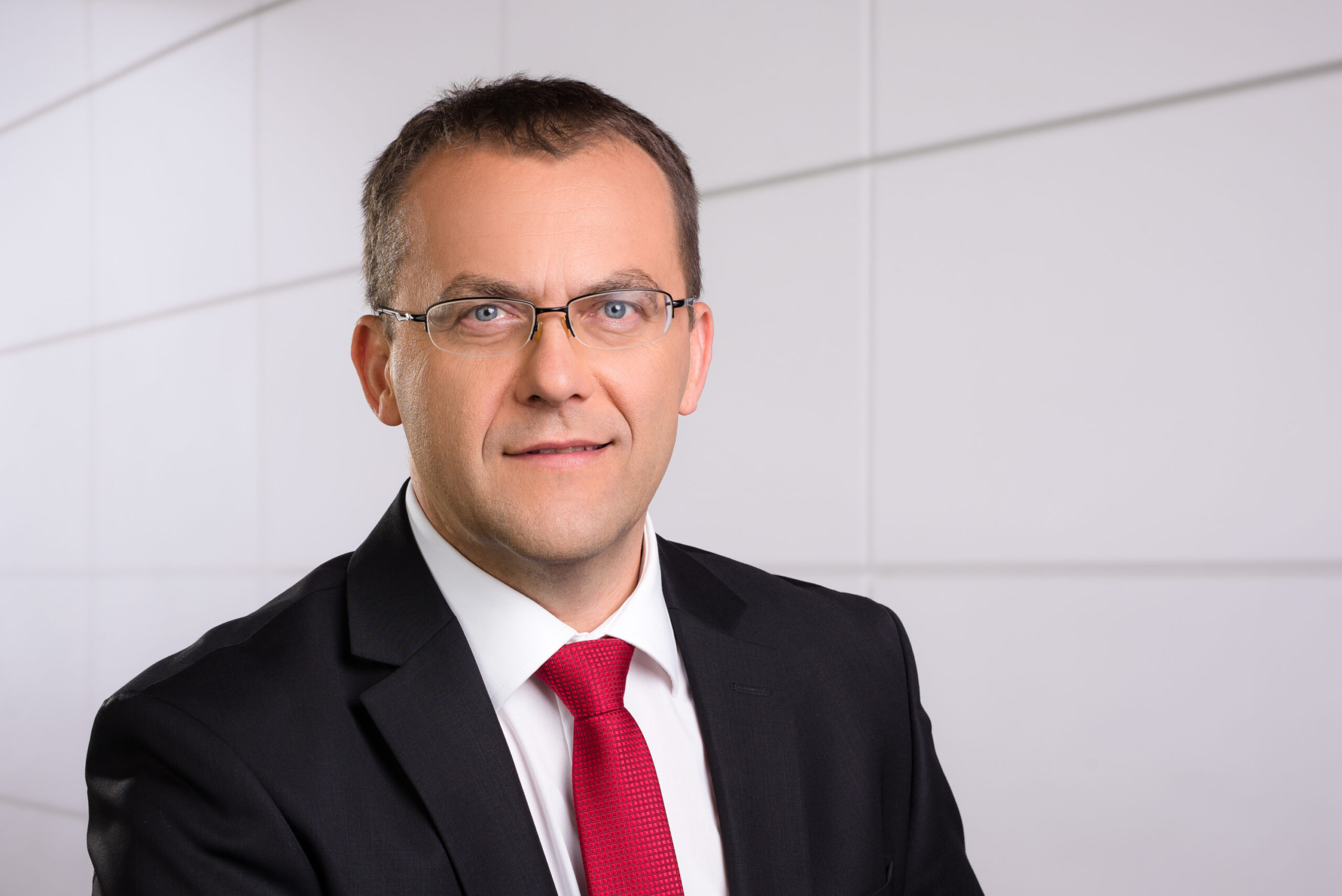
HEAD OF CHAIR OF ORGANISATION AND INFORMATICS
Janez STARE, PhD
Full Professor
E-mail: janez.stare@fu.uni-lj.si
Tel.: +386 (0)1 580 55 72
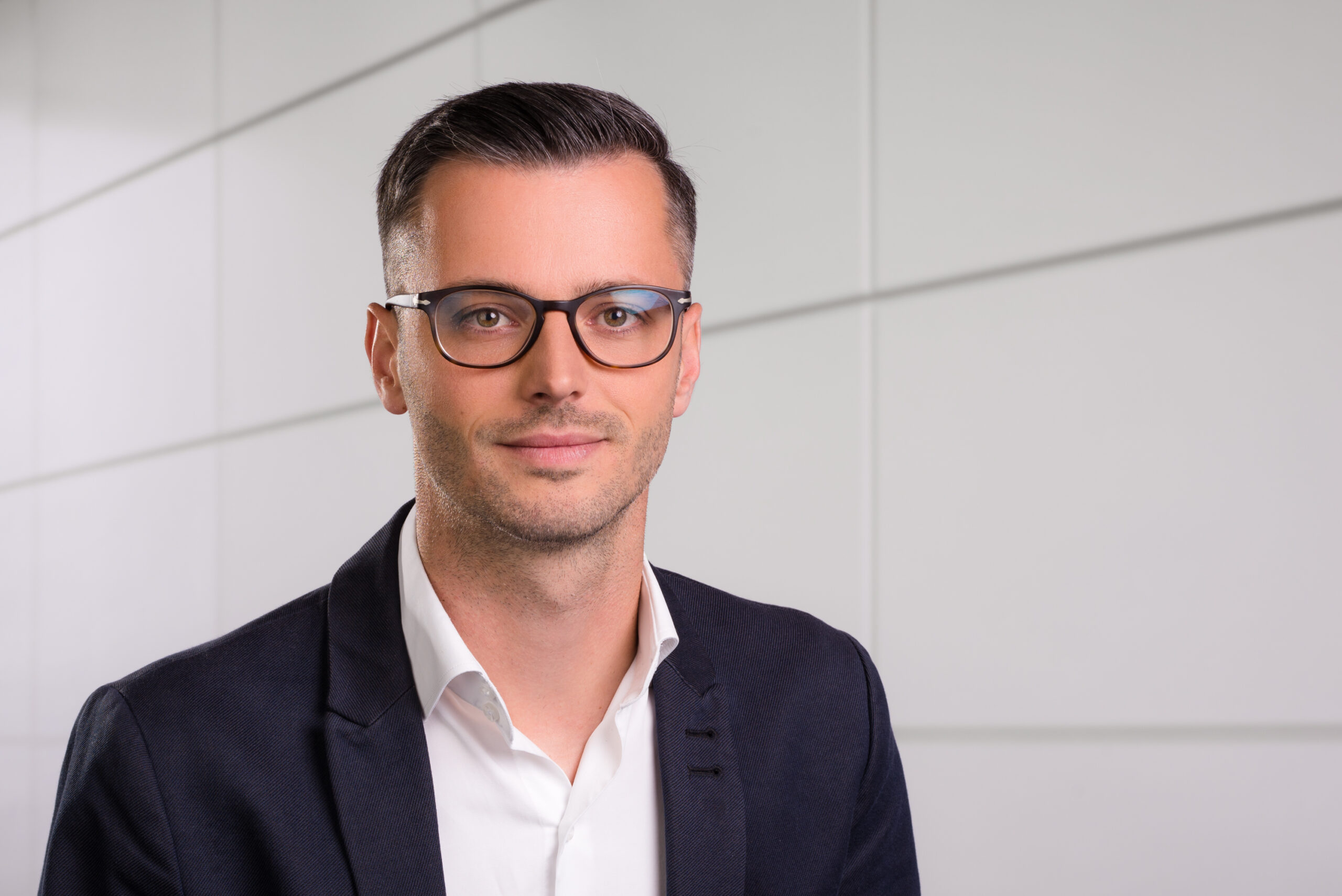
HEAD OF CHAIR OF ADMINISTRATIVE-LEGAL AREA
Bruno NIKOLIĆ, PhD
Assistant Professor
E-mail: bruno.nikolic@fu.uni-lj.si
Tel.: +386 (0)1 580 55 50
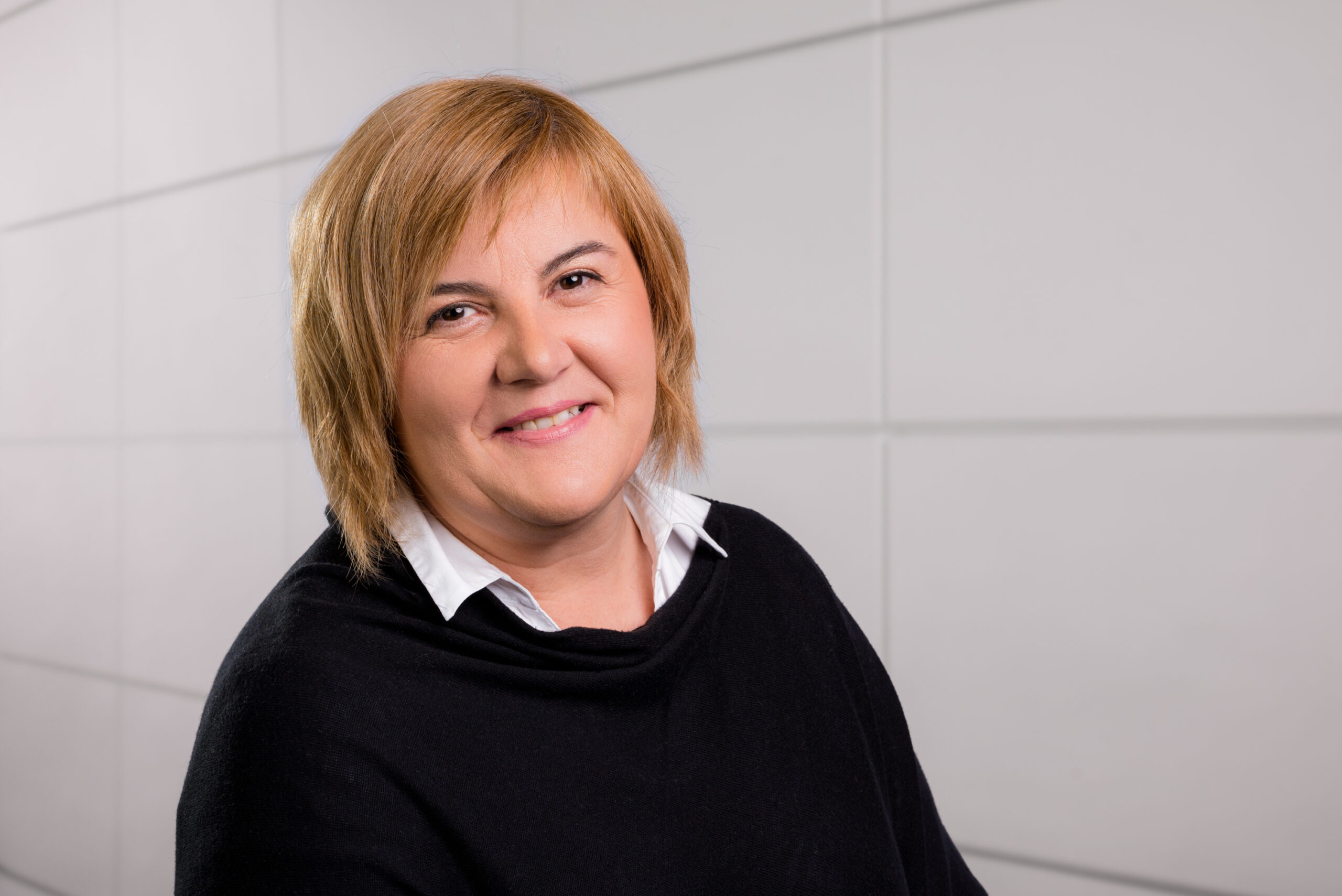
HEAD OF CHAIR OF ECONOMICS AND PUBLIC SECTOR MANAGEMENT
Maja KLUN, PhD
Full Professor
E-mail: maja.klun@fu.uni-lj.si
Tel.: +386 (0)1 580 55 47
Professors Emeritus of University of Ljubljana
The title of Professor Emeritus is awarded to retired Professors of the University of Ljubljana for their significant contributions to the operation, reputation, and development of the University of Ljubljana:
- izr. prof. dr. Rudi Kocjančič (rudi.kocjancic@fu.uni-lj.si)
- prof. dr. Mirko Vintar (mirko.vintar@fu.uni-lj.si)
- prof. dr. Mihael Brejc (mihael.brejc@gmail.com)
- prof. dr. Stanislava Setnikar Cankar (stanka.setnikar-cankar@fu.uni-lj.si)
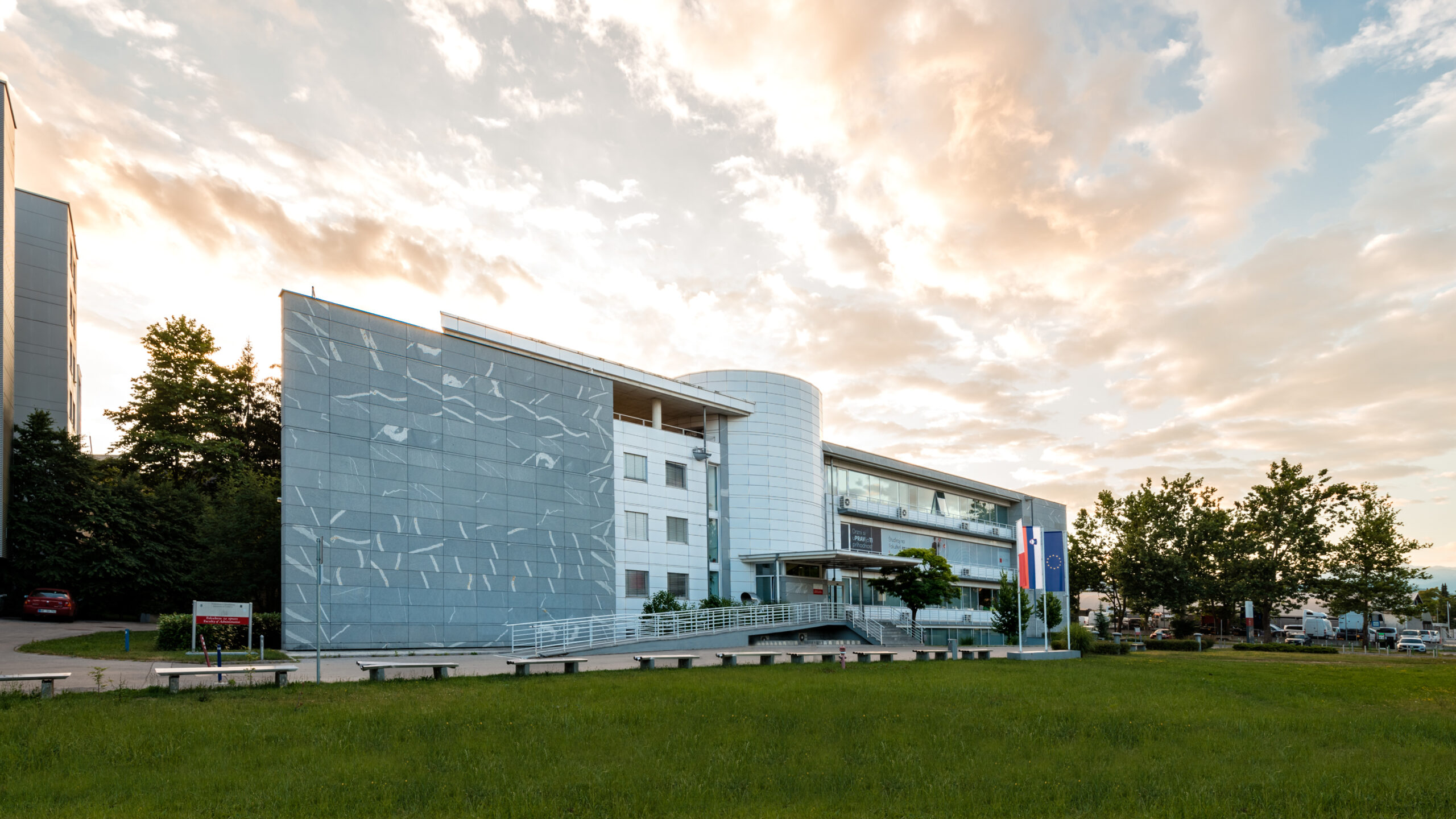
Mission
The aim of the Faculty of Public Administration is not only to be the leading higher education institution in the field of public administration in Slovenia, educating experts and managers for the needs of the Slovenian public administration as well as the wider EU. It is also committed to the development of administrative science. It is a source of knowledge, ideas and solutions related to ensuring excellence in the performance of the functions of government and the related development of social welfare. It influences the development of education and research and the formation of the opinion of the professional public in the wider regional area (at home and abroad) through quality education, research, consultancy and development work. Its graduates and students are able to meet the challenges of the field and to contribute to the development of knowledge, science and the profession.
Vision
The Faculty of Public Administration is a hub for the development of administrative science in the region (Central and South-Eastern Europe). It is an interdisciplinary source of knowledge for administration, through research, networking with national and international practice and the transfer of knowledge into education, consultancy and training.
Values
EXCELLENCE
We understand operational excellence as the process of providing the best conditions for staff and students (graduates) to operate, learn, develop and become more competent. We encourage breadth in collaboration with the best partners, the achievement of agreed goals and fair cooperation. We provide the skills and opportunities to achieve excellence. We attract talent and individuals who perform excellently, are open to innovation, point out opportunities for development and are tolerant of the opinions of others.
RESPONSIBILITY
We act responsibly, with personal integrity and loyalty, and we expect this from our colleagues and all other partners. We are committed to a culture of stewardship and collaboration in seeking what is best for the institution and its future. We meet ethical standards in our work and go beyond the legal and professional ones wherever possible.
Responsibility guides our actions in all areas. Consequently, we encourage students and all other partners to adopt the same standards of ethical behavior. We have zero tolerance for actions or behaviour that are inconsistent with the principle of responsibility.
EMPATHY
Empathy is a universal team value that represents high commitment and collaboration in the workplace. It is the ability to understand another’s point of view (colleague, student), whether we agree with it or not. Empathy is the curiosity to understand, to help, to solve outside one’s own frameworks and norms. It enables us to emerge as winners and progress from chaotic, conflicting and critical situations.
CREATIVITY
Together, we create an environment that fosters creative work. We build an atmosphere that highlights collaboration, ideas, commitment, knowledge and human potential. The direction of development is to go beyond the old and change for the better. Through technology and tolerance, we enable creative work and personal and professional development.
ACADEMIC FREEDOM
Academic freedom is a right and a fundamental responsibility of teachers, researchers and students. It is closely related to the search for a relationship with the world and society and to the transmission of knowledge derived from scientific knowledge and fundamental experience. It is realised through teaching, research and creative work, which is subordinated to the generally accepted ethical values and the values of the University of Ljubljana.
The academic freedom of students is expressed in academic autonomy, which obliges students to self-initiatively pursue their academic goals and to act responsibly in accordance with the accepted ethical values and values of the University of Ljubljana.
Teacher autonomy ensures that, within the framework of the curriculum and the objectives set, the teacher is free to do his or her job. Autonomy is closely linked to responsibility for the work and to the evaluation of the results of one’s work.
RESPONSIVITY
Responsiveness is the ability of the Faculty of Public Administration to react quickly to changes in its wider and narrower environment. The Latin synonym for responsorum is docilis, responsive, teachable, learnable, teachable, adaptable. It is a quick, coordinated, appropriate and benevolent response to appeals, efforts, influences, etc., based on reason, emotion and courage. Responsiveness represents a quality of people that includes “cool reason, hot emotions and firm courage” as a combination of successful behaviour. Here we measure a person and their actions by the size of their heart, courage by their actions and intellect by their successes and the strength of a faculty or its courage by the public interest, intellect by the rule of law and emotions by the welfare state.
PERSONAL ACCESS
There is no greater wealth than people, and it is up to the faculty to recognise, unlock and enable the potential of each individual. The Faculty not only provides a good service, but it enables everyone to feel engaged, to be heard, to have a sense of confidence, to have opportunities for personal development and to be helped to develop concepts or ideas. The Faculty will grow if its goals are aligned with or similar to those of its staff. By investing in and inspiring people on a personal and professional level, the chances of a better outcome are increased, and so is the overall benefit to the community from our work.
CONTINUOUS IMPROVEMENTS
Continuous improvement (Kaizen, “change for the better”) is the management of the unexpected as a process that represents a continuous effort to improve products, services or processes. Continuous improvement is part of a “system” in which feedback from the process and results are evaluated against the objectives of the faculty. It is a gradual, never-ending process of change that focuses on increasing the effectiveness, efficiency and ethicality of the Faculty in meeting its policies and objectives.
PRACTICAL ORIENTATION
The starting point is Horace’s sapere aude, or “dare to know”. It represents a tendency to act with focus and energy, a willingness to act without sometimes knowing exactly how things will turn out, a habit of looking at specific circumstances through the sieve of general principles, an orientation that seeks knowledge on the basis of the consequences of acting on it, a mind-set that embraces plural perspectives and methods, an attitude that values novelty as well as surprise, a belief that positive change can be achieved by working together, a belief that practical consensus is often reached on a socio-differentiated level, rather than being based on truth or reason alone. Practical orientation is therefore theoretically engaged, yet firm, instrumentally effective and not idle talk, it is morally inspiring but not omniscient or even paralysing.
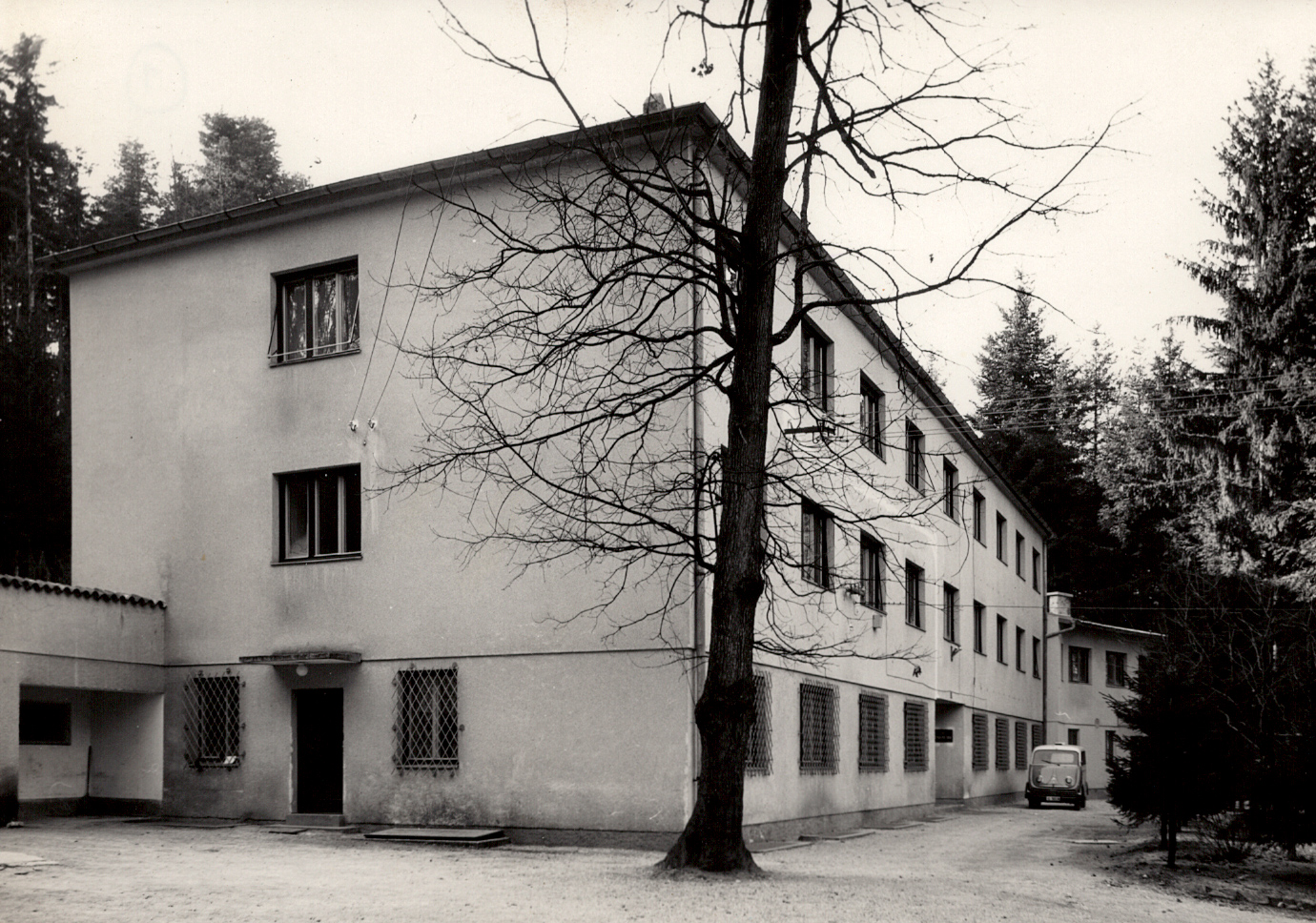
1956
1957
Enrolment of the first-generation full-time students.
1957 – 1977
Silvo Šivic
1977 – 1981
Martin Lorbar
1981 – 1983
mag. Rudolf Kocjančič
1983 – 1987
mag. Mihael Brejc
1987 – 1991
mag. Nikolaj Abrahamsberg
1991 – 1993
dr. Rudolf Kocjančič
1993 – 1995
dr. Mirko Vintar
1995 – 1999
dr. Mihael Brejc
1999 – 2005
dr. Stanislava Setnikar Cankar
2005 – 2009
dr. Srečko Devjak
2009 – 2013
dr. Stanislava Setnikar Cankar
2013 – 2021
dr. Janez Stare
2021–
dr. Mirko Pečarič

